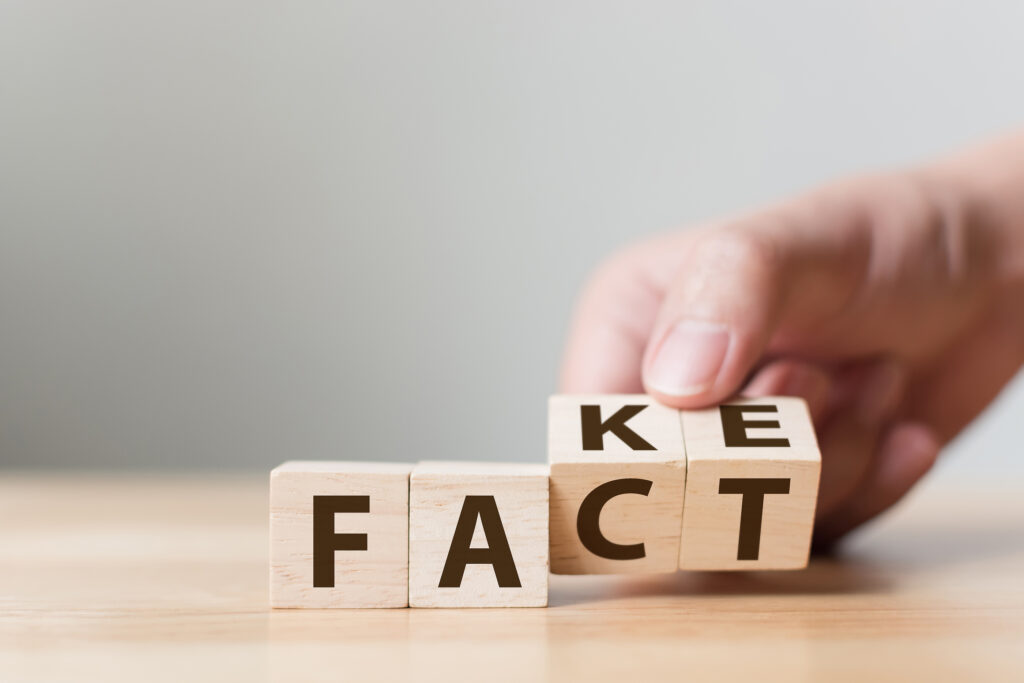In a high-profile reminder that claims made in advertising need to be properly substantiated and supported by evidence, the Federal Court has ordered Lorna Jane to pay $5 million in penalties for making false and misleading representations to consumers, and engaging in conduct liable to mislead the public, in connection with its “LJ Shield Activewear”.
In 2020, at the height of the COVID-19 pandemic, Lorna Jane claimed that a substance it marketed as the “Lorna Jane Shield” and sprayed on its activewear fabric would eliminate viruses, including COVID-19.
The claims made by Lorna Jane about its LJ Shield Activewear included “Cure for the Spread of COVID-19? Lorna Jane Thinks So” and “LJ SHIELD is a ground breaking technology that makes transferal of all pathogens to your Activewear (and let’s face it, the one we’re all thinking about is Covid-19) impossible by eliminating the virus on contact with the fabric”1.
However, Lorna Jane had no evidence to back up this claim and admitted that it had falsely represented the scientific basis for making the antivirus claims about its product.
The ACCC’s view was that the conduct was sufficiently egregious to warrant $5 million in penalties and labelled Lorna Janes “predatory and exploitative” by the Federal Court.
ACCC Chair Rod Sims said “This was dreadful conduct as it involved making serious claims regarding public health when there was no basis for them.”
“This type of conduct is particularly harmful where, as here, consumers cannot easily check or monitor the claims made.”
The Therapeutic Goods Administration (TGA) also took issue with Lorna Jane’s claims. In July 2020 it issued three infringement notices totalling $39,960 for unlawful advertising in breach of the Therapeutic Goods Act 1989 (Cth).
All goods making therapeutic claims must be registered on the Australian Register for Therapeutic Goods (ARTG) before they can be lawfully supplied or advertised in Australia.
Because Lorna Jane made therapeutic statements about its products, the product is alleged to be a therapeutic good, but the products were not registered on the ARTG.
The penalties imposed by the Federal Court and the TGA are a strong reminder to take caution when advertising and promoting products and making health claims.
Despite Lorna Jane’s position that it did not intend to mislead consumers, and pointing blame to a supplier, this did not provide any respite under the law. Care and diligence at all times is critical.
| Disclaimer: This publication contains comments of a general nature only and is provided as an information service. It is not intended to be relied upon as, nor is it a substitute for specific professional advice. No responsibility can be accepted by Rigby Cooke Lawyers or the authors for loss occasioned to any person doing anything as a result of any material in this publication.
Liability limited by a scheme approved under Professional Standards Legislation. ©2021 Rigby Cooke Lawyers |
